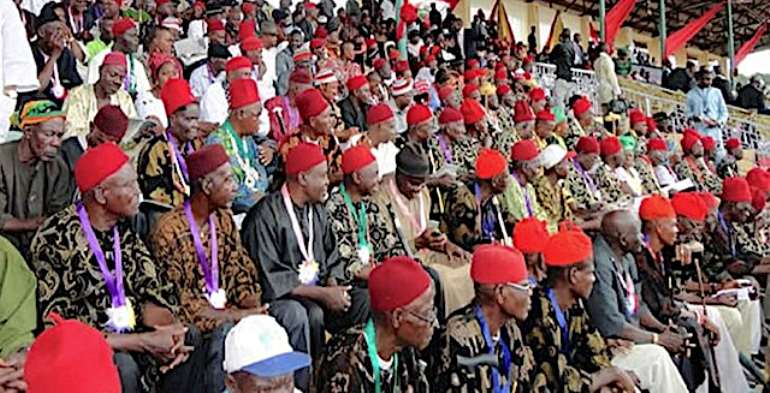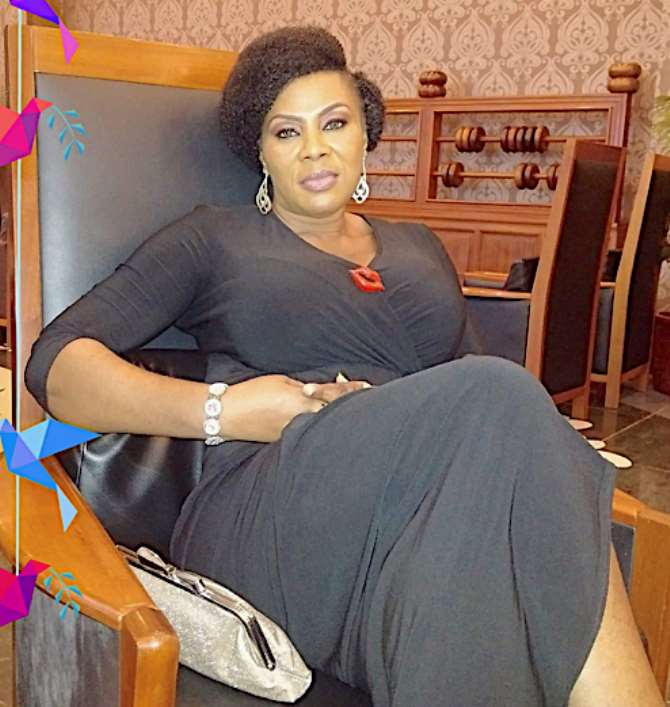Inadvisability Of Constantly Turning Ndigbo To Scapegoats Amid Raging Crisis

If there are Nigerians that have the predilection of traveling to other parts of Nigeria and the world in search of greener pasture, and upon settling in such places, they contribute toward their developments, even more than the aborigines, and leave such geographical entities better than they met them, they are unarguably those that are affiliated to the Igbo tribe. They are aptly called “Ndigbo”. Differently phrased, they are known, among others, for their migratory prowess and are found in all parts of Nigeria and beyond. They are easily recognized by their industriousness, and their never-say-die spirit.
Without any scintilla of exaggeration, the Igbos are reputed to be Africa's most energetic and most entrepreneurial people. They are not ancient traders but emerged much more with the inception of the British colonialism. Through sheer grit, hard work and a talent for spotting new opportunities, they have unarguably become the dominant traders and business leaders in Nigeria. The Igbo dominance of Nigeria's commerce and industry is probably one of the reasons they are being envied of. Today you can find Igbo traders all over the world from South Africa, Kenya, Ivory Coast, China, Japan, the United States, Hong Kong, Thailand, Indonesia, Malaysia, Ireland, Vietnam and India amongst others. They are mostly merchants. Although a significant number have diversified into industry, banking, and transportation and service businesses.
Researchers have identified the Igbos along with the Ashkenazi Jews and the Swiss Protestants as the people with the greatest achievement motivation in the world.
For instance, a recent features article done by a group of Journalists at Daily Trust newspaper throws an in-depth insight into how Igbo traders control critical sectors of the economy in 31 States and the FCT
The Journalists reported that “Outside the five states that make up the South East geopolitical zone, traders who are of Igbo extraction are controlling critical sectors in 31 states and the Federal Capital Territory.
Their Reports from the South West, South South, North West, North East, North Central and the FCT, showed that investments of Igbo traders, cutting across all sectors dot the state capitals, LGAs, major towns and villages in other parts of the country.
The Report noted that Igbo traders dominate the nerves of businesses in the city centre and the area councils in Abuja, even as they control housing and hospitality businesses just as they exclusively dominate spare parts and building materials trade in Deidei, Zone 5, Apo, Zuba and Mararraba.
The Report equally added that “In Kano, the Igbo are going about their normal business with several investments in the commercial centre of northern Nigeria.
“The spare parts and construction products market at Kofar Ruwa is one of the market areas in Kano where the Igbos dominate or play a significant role in the business of the market. While they are not the only tribe involved in the market, they control the highest volume of trade in it.
It is expedient at this juncture to note that one of the springboards which most Igbos maximize to attain riches and wealth is the Igbo Apprenticeship System. According to Wikipedia, the highly visited online encyclopedia, “The Igbo apprentice system, also known as the Igbo trade apprentice system and commonly referred to as ′Igba-Odibo, Igba-Boi, Imu-Ahia or Imu-Oru is a framework of formal and informal indentured agreements between parties that ultimately facilitate burgeoning entrepreneurial communities within the Igbos. It is an economic model practiced widely by Igbos and originated in South-Eastern Nigeria. Its purposes were and still remains to spur economic growth and stability, and sustainable livelihood by financing and investing in human resources through vocational training”.
However, the successes which the Igbos are collectively recording across the country are evidently coming with a huge price or consequences, after all an African Proverb says, “Success breeds jealousy and creates enemies”. Another African proverb that aptly fits in in this context says, “It is unfair and unjust for the head that did not fart to receive knock from the elders instead of the anus that committed the offence.
Against the foregoing backdrop, it is expedient to say that the second proverb in the foregoing found expression in the stoning to death and burning of Deborah Samuel, the 19-year-old Christian from Tungan-Magajiya in the Rijau Local Government Area of Niger State, who was in her second year studying home economics at the Shehu Shagari College of Education, Sokoto.
It would be recalled that Deborah was killed by a mob of her Muslim classmates who claimed she had blasphemed against Prophet Muhammad. A video of this religious execution circulated online and sparked debates across the country.
Against the foregoing backdrop, it is very obvious despite the fact that no single person from Igboland participated in the gruesome incident that occurred in Sokoto that they were paradoxically targeted for attack until the crisis was contained. Without doubt, it is proverbially the case of where the anus fart, the head receives the knock. Simply put, the Igbos have become the scapegoat that bears the blame for others.
In a similar vein, the media was few days ago agog with the story “That a material market along Kubwa-Zuba expressway, was attacked by hoodlums who were reportedly protesting the killing of a woman who was crushed to death after she fell from a commercial motorbike”. As usual, the collective attention of hoodlums was diverted to shops owned by Igbo traders in the market as they apparently saw them as the culprits even when the police have not come out with its findings as to the cause of the crisis. It was gathered that properties worth millions of naira, and majorly owned by the Igbos, were destroyed during the incident as shop owners were forced to close their businesses to avoid being attacked.
The foregoing recent incidents speak volumes about how the Igbos are wont to be turned to scapegoats even when the cause of any crisis has not been traced to anyone of Igbo extraction. At this juncture, it is expedient to appeal that the repeated ethnic and religious clashes that Nigerians have been witnessing over the years should completely be eschewed. Rather, there is need for the three major ethnic groups to be tolerant of people from different religions, ethnic groups, nationalities, and political parties.
Sandra Ijeoma Okoye (Author)

